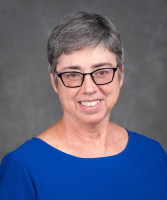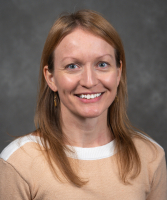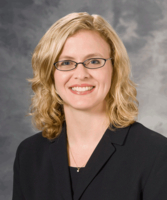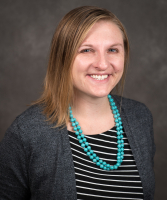UW women scientists discuss their work to understand, treat, and cure Alzheimer's disease








More than five million Americans are living with Alzheimer's disease today, a figure that is projected to swell to 16 million by the year 2050. The condition takes a toll on women, both due to a higher prevalence among women than men and because many women take on caregiver roles. According to the National Institutes of Health, two-thirds of informal caregivers in America who provide unpaid care for elderly, ill, or disabled family members are women.
Madison-based women's magazine Brava profiled the impact of Alzheimer's disease on women from a dual perspective: women diagnosed with the condition, and women at UW-Madison who are devoting their life's work to pursuing better understanding, treatments, and ultimately a cure.
Department of Medicine members highlighted in the story and an accompanying online article were (pictured at right from top to bottom): Jane Mahoney, MD, professor, Barbara Bendlin, PhD, associate professor, Fabu Carter, MA, outreach specialist, Amy Kind, MD, PhD, associate professor; Carey Gleason, PhD, associate professor (CHS), Cynthia Carlsson, MD, MS, associate professor, and Lindsay Clark, PhD, assistant professor (CHS), all of Geriatrics and Gerontology.
Dr. Mahoney directs the Wisconsin Alzheimer's Institute, with which Drs. Carlsson, Bendlin, Clark, and Gleason also are affiliated; Carter and Drs. Bendlin, Carlsson, Clark, and Kind are also associated with the Wisconsin Alzheimer's Disease Research Center.
Together with their colleagues and graduate students, all are dedicated to breaking new ground in the fight against Alzheimer's disease. “What we’re doing is unique and recognized,” said Dr. Mahoney.
She continued, “We need research, we need to educate people and we need to understand health disparities. On a community level, we need to make sure people with dementia are not separated from their communities. But with the work that is going on nationally and internationally, we’re optimistic and beginning to ask the question, ‘When will we have the first survivor?’”
Resources:
- "Facing the struggle, finding solutions: Madison-area women confronting Alzheimer's disease," Brava Magazine, November 1, 2017
- (Accompanying article) "The science: Researching Alzheimer's disease," Brava Magazine, November 1, 2017
Photo caption: Dr. Carey Gleason talks with a community member about Alzheimer's disease research at a public lecture in fall, 2017. Photo credit: Clint Thayer/Department of Medicine